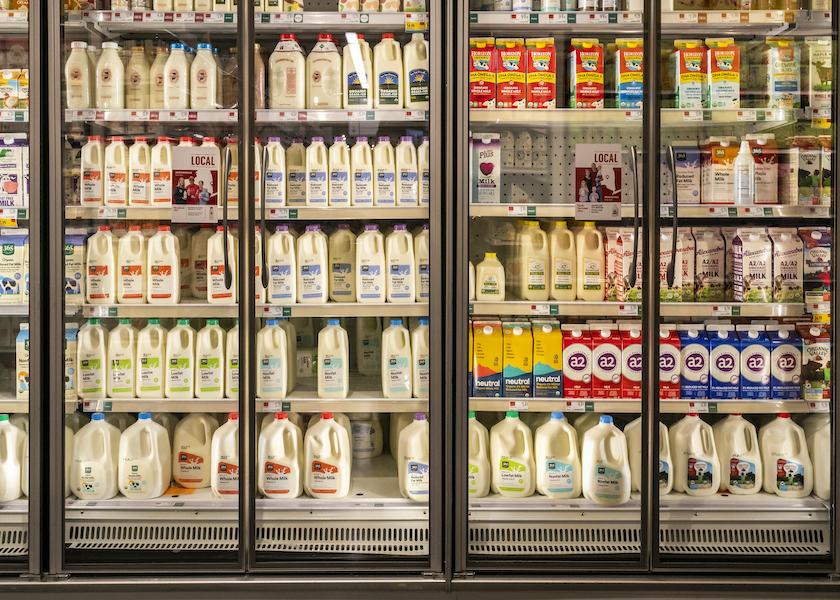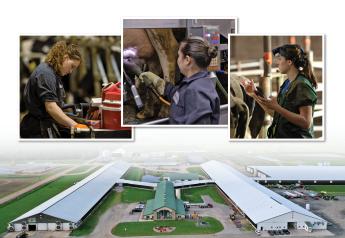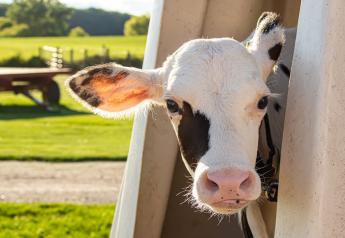More Produce, Less Dairy for Low-Income Families Under U.S. Nutrition Program Changes

Nearly 7 million low-income women and children will be able to purchase more fruits and vegetables but less dairy after the U.S. Department of Agriculture finalized changes to a key federal nutrition program on Tuesday.
The updates to the Special Supplemental Nutrition Program for Women, Infants and Children (WIC), the first since 2014, were made to better align the program's food packages with the best dietary science, USDA said.
"These participant-centered changes will strengthen WIC by ensuring the foods participants receive reflect the latest nutrition science to support healthy eating and the brightest futures," Agriculture Secretary Tom Vilsack said in a statement.
WIC participants receive benefits to purchase certain food items depending on age and dietary needs. The USDA proposed changes to the program in November 2022 and received over 17,000 comments, it said.
The final provision increases allowances for fruits, vegetables, and seafood, and decreases the amounts of juice, dairy and cheese. It also adds more non-dairy options like plant-based and lactose-free milk.
"The National WIC Association applauds USDA for adhering to an independent, science-based review process that led to these stronger standards, and we urge swift implementation," said Georgia Machell, interim president and CEO of the group, in a statement.
The changes were criticized by dairy promotion groups.
"(The National Milk Producers Federation) is disturbed by the decision to reduce access to the essential nutrients dairy adds to the diet," said Gregg Doud, president and CEO of the group, in a statement.
A USDA spokesperson said that the agency expects dairy purchases through WIC to rise by as much as $400 million by 2025 due to projected increased participation, and that WIC participants were typically not redeeming the full volume of milk provided under the earlier allowances.
WIC is administered by the USDA and serves 6.6 million pregnant, breastfeeding and postpartum women and children up to age 5.
Congress recently expanded the amount of money for WIC after the White House and nutrition advocates warned a budget shortfall put millions of eligible families at risk of being turned away.
(Reporting by Leah Douglas; Editing by Marguerita Choy and Andrea Ricci)







